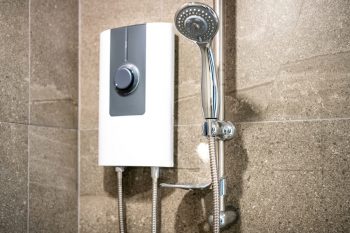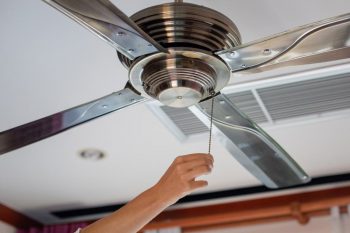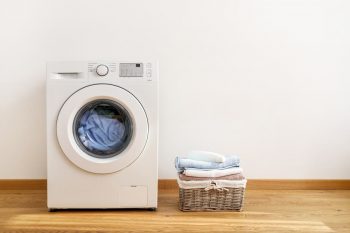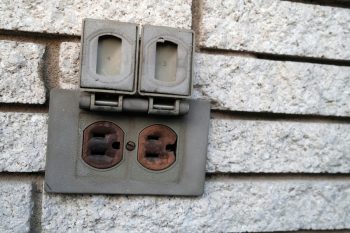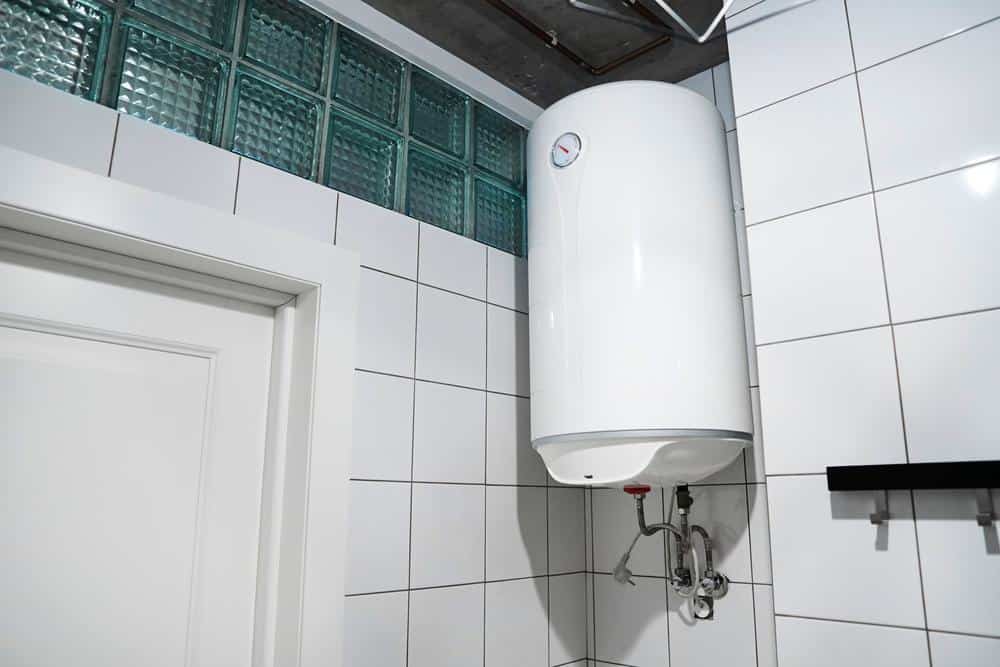
Turning up your Rheem water heater can be a simple task that you can accomplish on your own. However, it’s essential to understand why you might need to turn up the temperature, how to do it safely, and the potential risks involved. In this comprehensive guide, we’ll take you through everything you need to know about turning up a Rheem water heater.
To turn up a Rheem water heater, you need to first turn off the power supply. Locate and remove the access panel on your heater. Adjust the thermostat to your desired temperature. Once done, replace the insulation and access panels. Finally, turn the power supply back on. Always remember, increasing the temperature too high can lead to potential risks such as scalding accidents and energy waste.
What is a Rheem Water Heater?
A Rheem water heater is a product from Rheem Manufacturing Company, an American firm that produces water heaters, boilers, and HVAC equipment. Rheem offers a diverse range of water heaters, including tank, tankless, and hybrid models, catering to various family sizes, budgets, and energy efficiency requirements.
Why Turn Up Your Rheem Water Heater?
There are several reasons why you might need to increase the temperature on your Rheem water heater. These include increased hot water demand, comfort preferences, energy savings, and bacteria prevention.
How Does a Rheem Water Heater Work?
A Rheem water heater operates by heating water and storing it in a tank until needed. Electric Rheem water heaters use one or two heating elements to heat the water, while gas Rheem water heaters use a burner assembly.
Adjusting the Temperature on a Rheem Water Heater
To adjust the temperature on your Rheem water heater, follow these steps:
- Turn off the power supply.
- Locate and remove the access panel.
- Adjust the thermostat.
- Replace the insulation and access panels.
- Turn the power supply back on.
Potential Risks of Turning Up Your Rheem Water Heater
Turning up your Rheem water heater too high can lead to several potential problems, including scalding accidents, faulty thermostats, energy waste, increased risk of bacterial growth, fire and burn hazards, and damage to the water heater.
Regular Maintenance of a Rheem Water Heater
Regular maintenance of your Rheem water heater is crucial for its efficient operation and longevity. This includes inspecting the heater for leaks, checking all valves, draining the heater, cleaning the filter (for hybrid water heaters), checking the anode rod, and testing the pressure relief valve.
Conclusion
Turning up your Rheem water heater is a straightforward process that can help you meet your hot water needs. However, it’s essential to do it correctly and safely to avoid potential problems and risks. Regular maintenance of your water heater can also help ensure its efficient operation and extend its lifespan. Always consult the manufacturer’s instructions and guidelines for specific procedures and safety precautions.
Frequently Asked Questions
How long does a Rheem water heater typically last?
A Rheem water heater typically lasts between 8 to 12 years, depending on the model, maintenance, and water quality.
Is there a specific tool needed to adjust the thermostat on a Rheem water heater?
No, adjusting the thermostat on a Rheem water heater typically doesn’t require any specific tools. You can usually do it manually.
What is the recommended temperature setting for a Rheem water heater?
The recommended temperature setting for a Rheem water heater is typically between 120°F and 140°F. However, it’s best to consult the manufacturer’s instructions for specific guidelines.
Can I turn up my Rheem water heater temperature beyond the manufacturer’s recommended level?
While it’s technically possible to turn up your Rheem water heater temperature beyond the manufacturer’s recommended level, it’s not advisable due to the potential risks of scalding, energy waste, and damage to the water heater.
How often should I perform maintenance checks on my Rheem water heater?
It’s recommended to perform maintenance checks on your Rheem water heater at least once a year. Regular maintenance can help ensure efficient operation and extend the lifespan of the heater.


